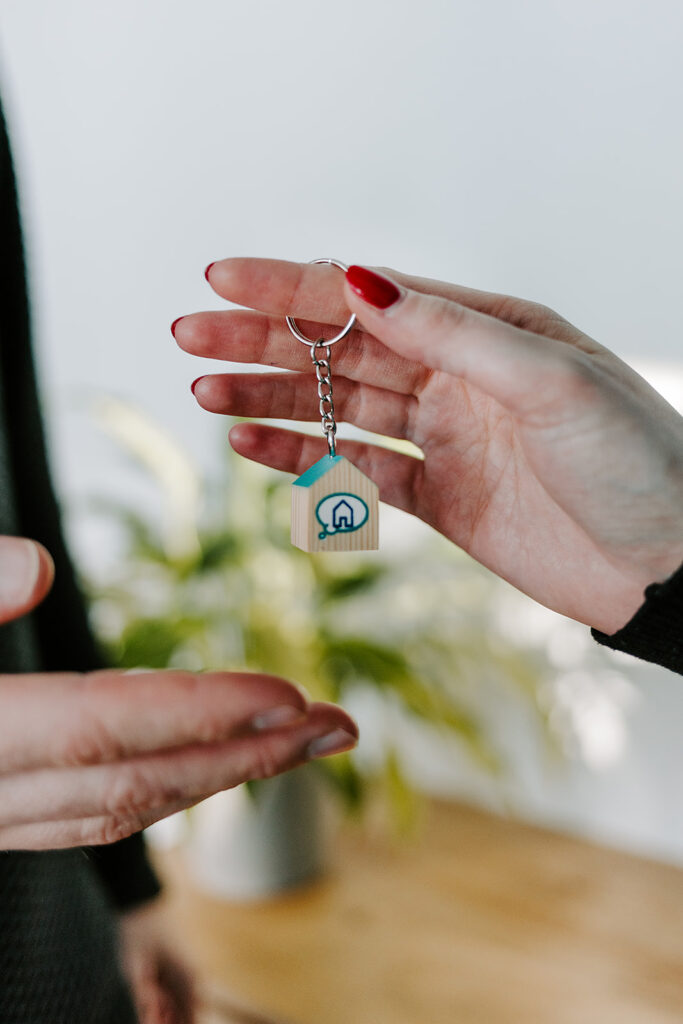Is the Notary Just a Money Grabber?
When Belgians think of notary fees, they quickly shrink away. The legend has it that this old man or woman gobbles up a whopping ten percent of your budget for just a few hours of work. That’s a bit of an oversimplification.
The story is as old as time. In classic films, the notary smokes thick cigars and spends more time at the table than at the desk. Gout, the painful foot disease associated with a lavish lifestyle, is even nicknamed “the notary disease” in Flanders.
Look, you have to visit the notary to sign the deed for your property purchase. And yes, it costs a lot of money. But let’s be honest: just because you pay this amount to the notary doesn’t mean they’re off to play golf with it. The reality is that a notary is an official who must immediately transfer most of that amount (registration fees) to the state treasury. It’s an expensive affair, but that 10% doesn’t end up in their pocket.
The Notary Fees: What Do You Get in Return?
So, what exactly are you paying the notary for?
- Fee for the Deed: On average, 1% of the sale price.
- Administrative Costs: For searches and certificates.
- 21% VAT
The fees are legally set, so there’s no room for negotiation. They are indeed higher than in most European countries, especially for a modest home. For a more expensive house, say around 500,000 euros, Belgium is actually cheaper than countries like France or Italy. But it’s not the notary who sets that rate.
Administrative costs depend on the amount of work involved. While the price tag is less predictable, a good notary is worth the money and will communicate clearly about these costs. Understand that purchasing a house involves many searches (fiscal, urban planning, cadastral) and that the notary also needs to request and check important certificates (such as the soil certificate). You don’t want to discover after a few years that you’re living on an old landfill…

When Does the Notary Come into Play?
So, first things first, when do you actually meet the notary? First, you must have made an offer that was accepted by the seller. This can be through a standard offer where you hopefully negotiated well in advance, but nowadays, sealed bids and sales via Biddit are also common. Once your offer is accepted, you can expect the seller to request a down payment as a form of security. Never pay this in cash. Such practices have been legally prohibited since 2014.
The final step is signing the sales agreement (compromis). This can be done at the real estate agent’s office, but usually, it’s at the notary’s when the property is sold privately. Typically, the seller arranges the sales agreement. Be very careful and read everything not once, but twice or three times before signing. Better yet, make an appointment with your own notary. You will quickly see if they know their trade and explain everything clearly. And if it’s still unclear: an appointment at hypotheek.winkel is free, and we’ll make a little drawing for you.
